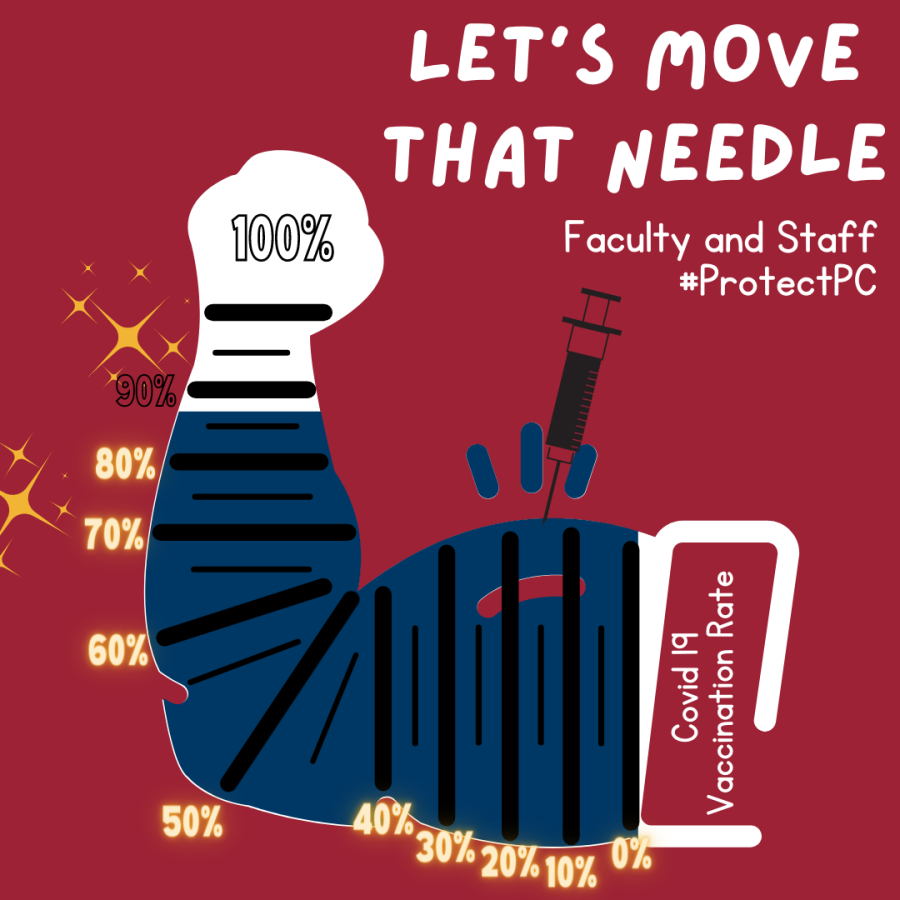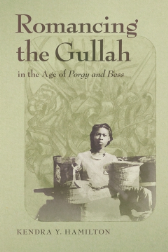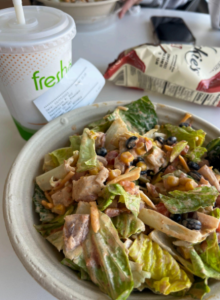Vaccine Restores Life to PC’s Campus
October 18, 2021
There’s a change on campus this semester; students are gathering, clubs are meeting, campus events are underway, and classes are once again in the classroom. Increased vaccination rates have restored life to PC’s campus.
Campus life is slowly reflecting a fonder time – pre-COVID times, that is – and that can be attributed to the fact that, as of October 8, 2021, 80% of all PC students are vaccinated (3% had at least one dose of the COVID vaccines, while 77% are fully vaccinated), and 87% of faculty and staff are vaccinated. This is a huge jump in the rates of vaccinated students and staff on campus this semester, and it is great for seeking out some normalcy in these still abnormal circumstances. However, one can’t help but wonder why attitudes have changed and what has spurred this campus-wide turnaround.
Joy Smith, Vice President for Campus Life and Dean of Students, revealed that the vaccination rates were much lower over the summer – estimating off the top of her head that the percentage was somewhere in the 30s, a number that pales in comparison to the current rate. Smith claims that this attitude shift can be highly accredited to students.
“When students get here and get into the context of college and make friends who have already been vaccinated their concerns about vaccination seem to lessen some. Then we see more and more people getting vaccinated,” Smith said.
Clubs, fraternities and sororities, and other on-campus groups with lots of student involvement are also playing a huge role in the motivation to get vaccinated. These groups thrive when they can host and attend events; simply meeting in-person has become a privilege to students PC. Therefore, the desire to get vaccinated is definitely heightened when the “pressure” is coming from within one’s own personal circle, which provides motivation for students.
There’s also a new COVID planning group composed of faculty and staff that has been working diligently to think through how to implement protocols on campus, and how to treat faculty in comparison to students in regards to COVID. They’ve been instrumental in deciding how campus should operate this semester with higher vaccination rates in comparison to the last academic year.
Incentive to get vaccinated may also be due to the fact that those who are vaccinated and test negative for COVID aren’t required to isolate and quarantine unlike those who are unvaccinated. This is not only less disruptive for the campus as a whole, but especially for those students and faculty members who don’t want to have to do remote learning. Vaccination has become even more beneficial on campus because those who have to miss class aren’t guaranteed to receive recorded lectures from professors this semester.
Smith reflected on the campus environment this time last year, recalling how cases spiked in the fall and students were sent home to do remote learning. She admitted that just because vaccine rates are high, this doesn’t automatically mean that we, as a school, are going to be immune to a similar situation.
“We’re going to have another wave of COVID cases on campus,” Smith said. “But I believe with vaccinations it’ll be less of a disruption to the college and the people on campus.”
It’s relevant to note, however, that as of October 7, 2021, there are currently zero active COVID cases, zero symptomatic students awaiting COVID test results, and zero students currently in quarantine, which is significantly different from last year.
The college does plan to eventually move to require students to get the COVID vaccine before they can return to campus, as they have done with other vaccines in the past; at this time, the hopes for herd immunity are seeming less and less feasible with COVID.
“With the Delta variant out there, what I’m hoping for at this moment is a lot more resistance to spreading COVID rather than immunity,” Smith said. “I’m not sure if group immunity is an accurate reflection of what we’re going to have.”
Unlike public universities, PC can deter a bit from what the state is advising schools to do. Governor McMaster, the governor of South Carolina, has banned enforcing mask mandates in schools, saying it’s unfair to impose this “restriction” on children and students. While a public university or institution may have to accept this ban to receive state funding, PC has more liberty to enforce what they think is most beneficial for the student body.
That being said, Smith stated that PC follows CDC guidelines when deciding which protocols should continue, or not continue, to be implemented on campus. There are other factors to consider when deciding what is best for a particular school than just what the officials are saying, however.
“We can have different rules, but we also consider what makes the best sense for us here,” Smith said. “The impact on our students and the impact of decreasing the spread of COVID and the impact that we can decrease the spread of COVID is much bigger here [because of our size].”
While students may yearn for the mask mandate to be removed, as long as the CDC recommends masking indoors, it’s safe to assume that the college, after carefully considering what is in everyone’s best interest, will continue to enforce it–out of care and consideration for the well-being of students and staff. The increased vaccination rates, however, should be a ray of hope for all students–this pandemic cannot last forever, and with everyone doing the best they can to do what is best for themselves and their peers, we will get through this as a united campus community.





